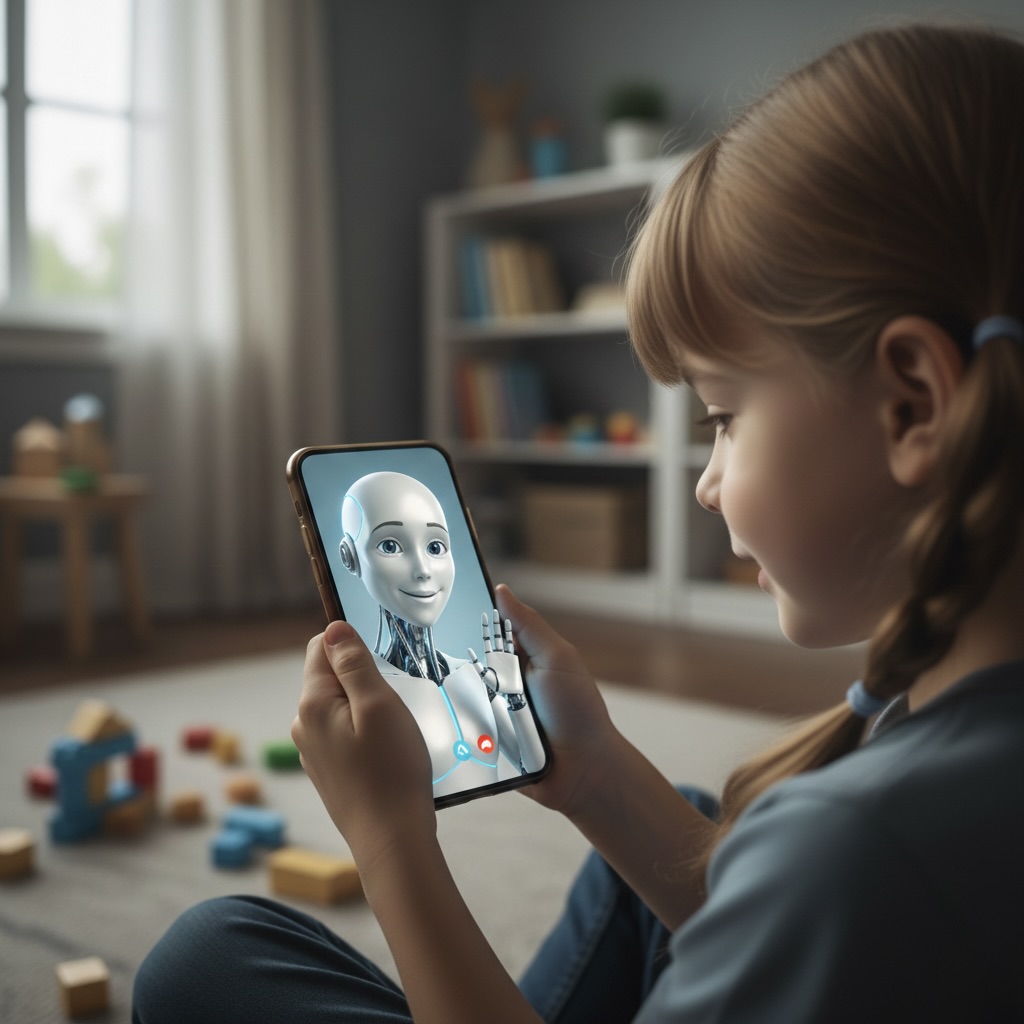Parenting in the Age of AI


AI is now deeply woven into our everyday lives: Alexa answers bedtime questions, YouTube Kids knows exactly what your child likes, and schools are integrating AI-driven tutoring. It’s a whole new parenting paradigm—and if you’re feeling overwhelmed, you’re not alone.
Let’s unpack what it means to parent in the age of AI and how you can raise emotionally intelligent, mentally strong, and socially resilient children. Spoiler alert: it starts with you, but you don’t have to do it alone. Here’s a shortcut to help.
From smart fridges to AI voice assistants, your home might already be smarter than your fifth grader’s science project. But unlike human babysitters, AI doesn’t understand nuance, emotion, or what your child actually needs—it just responds to prompts.
Kids now form emotional attachments to devices. They turn to YouTube influencers for advice, AI chatbots for companionship, and gaming algorithms for validation. This isn't inherently bad—but it does mean that as parents, we need to guide the narrative.
A 2024 survey by Common Sense Media found that 68% of kids ages 8–17 have interacted with AI in the last month—and nearly half said they preferred asking AI over their parents for help with “personal stuff.”
This is a wake-up call. AI isn’t the enemy, but passive parenting in the AI era is a recipe for trouble.
Let’s break it down:
AI-driven platforms are designed for engagement. More clicks = more data. That means your child’s favorite apps are engineered to keep them coming back—often at the expense of their attention span, patience, and emotional regulation.
Social media algorithms feed kids content that aligns with what they already watch. While this seems harmless, it creates echo chambers that can reinforce insecurity, unrealistic standards, and even mental health challenges like anxiety and depression.
With AI chatbots and virtual “friends,” some kids are skipping the awkward, vital process of building real-life social skills. They might be talking more, but connecting less.
Here’s the good news: You don’t have to be an AI expert to raise grounded, happy kids. But you do need to be intentional. Here's how:
Forget the birds and the bees—today’s kids need “The AI Talk.” Explain what AI is, how it works, and why it’s not always right. Help them understand that Siri can’t replace empathy and ChatGPT isn’t a therapist.
Not just time limits—contextual limits. Set rules for where, when, and how AI can be used. For example, no AI helpers during homework unless you’re co-reviewing answers together. This promotes critical thinking and accountability.
From game nights to family dinners to encouraging face-to-face friendships, prioritize emotional connection. Kids model what they see—make eye contact, listen actively, and be emotionally available.
Increased screen time, mood swings, isolation, or obsessive behavior over AI interactions? These are signals, not quirks. Don’t wait for a crisis.
If something feels off, connect with a licensed professional who gets it. Use this confidential tool to find someone in your area who specializes in child and family mental health.
It’s not about banning AI—it’s about balance.
AI isn’t going anywhere. In fact, the next generation will use it in their careers, relationships, and everyday life. Instead of resisting the tide, let’s raise kids who can ride the wave.
Teach them:
We often talk about kids' mental health, but let’s be honest—modern parenting is exhausting. There’s no manual for raising humans in a world where AI influences their beliefs, behaviors, and even sense of identity.
You don’t have to do this alone.
Whether you're struggling with behavior changes, feeling burnout, or unsure how to talk about tech boundaries, professional support can make a world of difference—for you and your child.
👉 Click here to connect with counselors near you. The process is quick, private, and judgment-free.
AI may be evolving fast, but so can we.
This is your reminder that you are still the most powerful influence in your child’s life. Not an algorithm. Not a chatbot. Not a screen.
The secret to successful parenting in the age of AI isn’t just setting limits—it’s about building trust, having open conversations, and investing in emotional well-being.